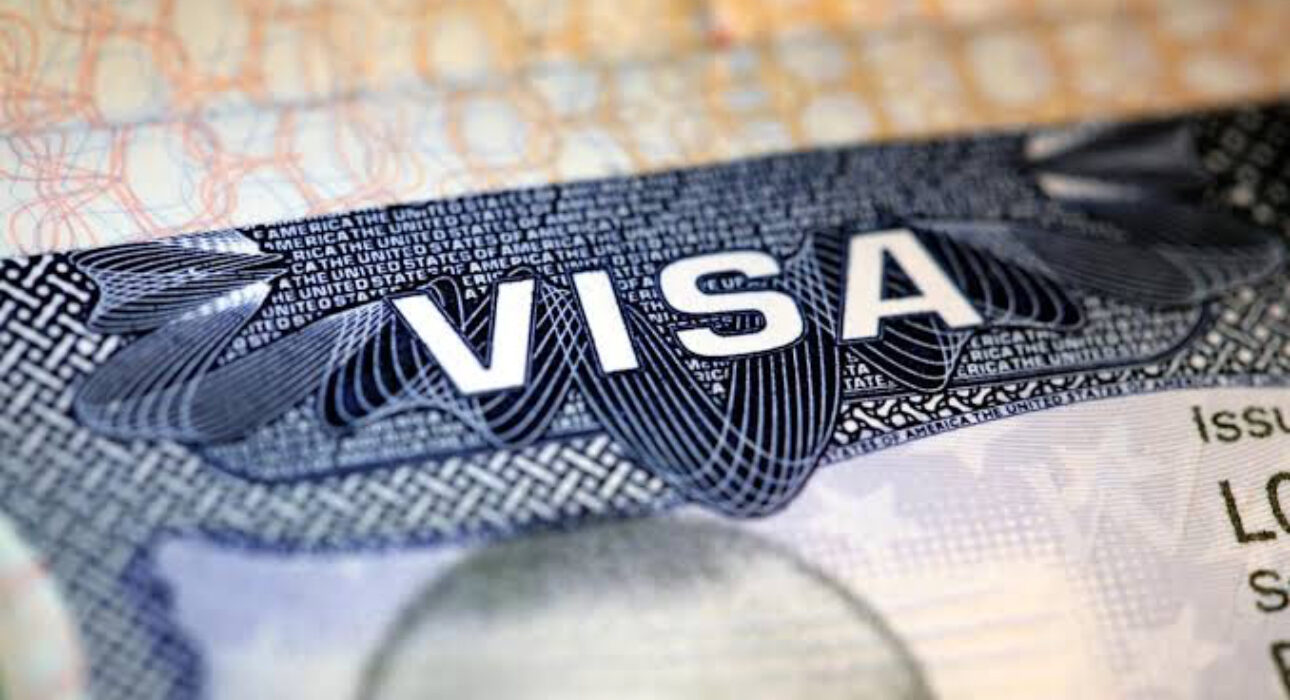U.S. Visa Adjudication Changes Spark Global Diplomatic Tensions

A fresh wave of tension has emerged in international diplomatic circles following recent changes to the United States’ visa adjudication policies, particularly targeting student visa applicants and foreign nationals from selected countries. The new measures, focused on stricter social media scrutiny and enhanced vetting requirements, have drawn sharp criticism from foreign governments, civil liberties advocates, and global education stakeholders, all warning of potential diplomatic and economic fallout.
Central to the controversy is the U.S. State Department’s revised student visa policy, which now mandates applicants for F, M, and J visa categories to submit public access to their social media accounts for vetting. According to U.S. authorities, the move is aimed at identifying individuals with possible links to extremism, antisemitism, or ideologies deemed hostile to U.S. interests.
Although officials argue that the new measure is a national security safeguard, educators and international rights groups have expressed deep concern over its implications for academic freedom and privacy. Critics say the move could deter many potential students from seeking education in the U.S., thereby undermining decades of educational diplomacy.
“Asking international students to hand over their digital lives is not only invasive but sends the wrong signal about America’s openness,” said one university administrator.
In a related development, the U.S. government has issued a 60-day ultimatum to 36 countries, including Nigeria, Egypt, and Ethiopia, urging them to strengthen their own traveller screening systems. Failure to comply could result in inclusion on a renewed travel restriction list reviving concerns reminiscent of the 2017 travel ban era.
The African Union and several diplomatic missions have cautioned that the policy may harm bilateral relations, disrupt student mobility, and slow economic exchanges. Some African nations are already considering reciprocal measures, potentially targeting the U.S. citizens seeking business or academic entry into their countries.
“Unilateral visa policies undermine the spirit of mutual respect and cooperation between sovereign states,” one AU official noted.
In response, civil rights and education advocates in the U.S. and abroad have called for a rollback of the policy, describing it as discriminatory and harmful to international partnerships. Foreign governments have also expressed unease with the vague criteria under which travellers may be flagged or denied visas, arguing that the lack of transparency breeds distrust. Additionally, some officials have warned that if the U.S. continues down this path, the era of “educational diplomacy” may give way to a more fragmented and protectionist global visa regime.
The U.S. higher education sector, already facing enrollment declines from abroad in recent years, risks further damage. International students contribute over $40 billion annually to the U.S. economy and support hundreds of thousands of jobs across campuses and communities. Policy analysts say a decline in student visa approvals could reduce not only economic benefits but also the intellectual diversity and global perspective that foreign students bring.
“These restrictions don’t just hurt students—they hurt universities, research collaborations, and America’s long-term soft power,” said a policy analyst from the Migration Policy Institute.
As the 60-day compliance deadline approaches, diplomatic observers are watching closely to see whether the affected countries will meet the U.S.’s demands or retaliation. Meanwhile, legal challenges and advocacy efforts are expected to mount domestically within the United States, questioning the scope and legality of these adjudication protocols.
While the U.S. government insists its updated visa processes are grounded in security needs, critics argue that they are a blunt tool wielded without regard for the global partnerships they threaten to undermine. Unless recalibrated, these visa adjudication policies could mark the beginning of a new era of international friction, particularly between Washington and key nations in Africa, the Middle East, and Asia.
The world now waits to see whether diplomacy or policy rigidity will define the U.S.’s next steps.







